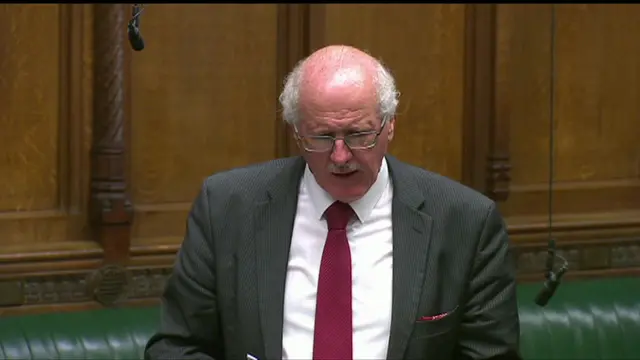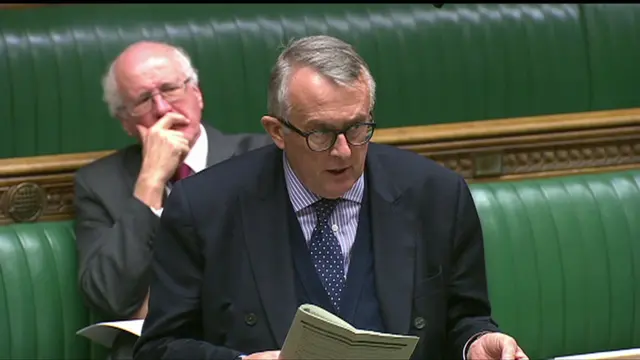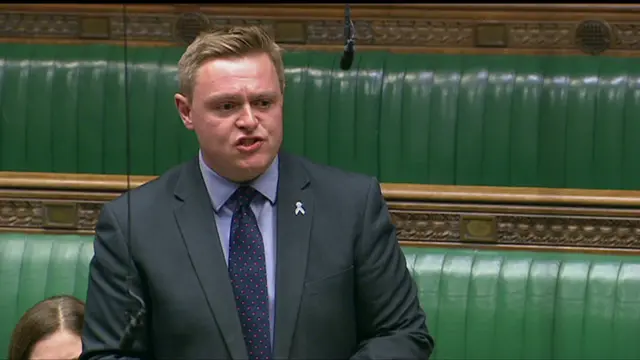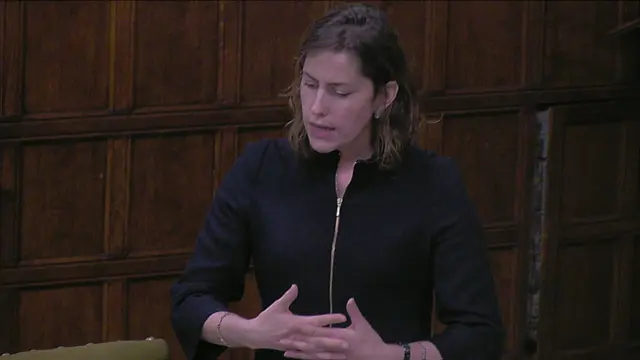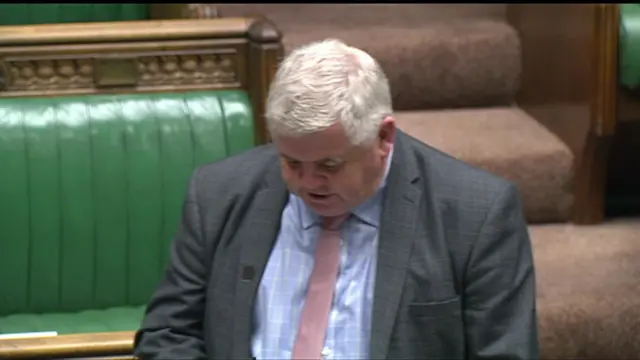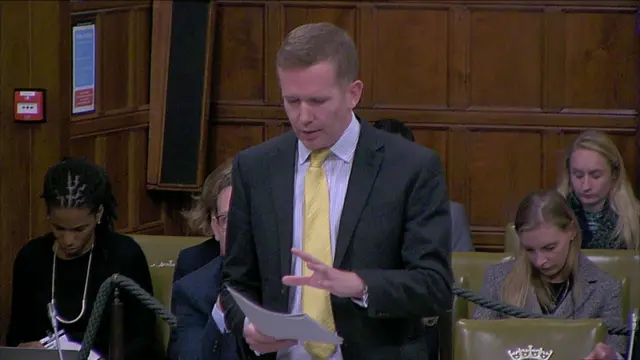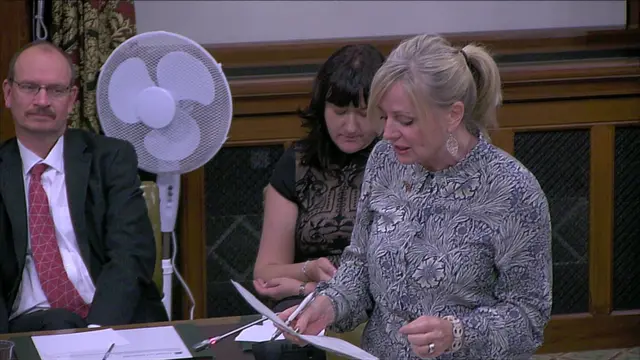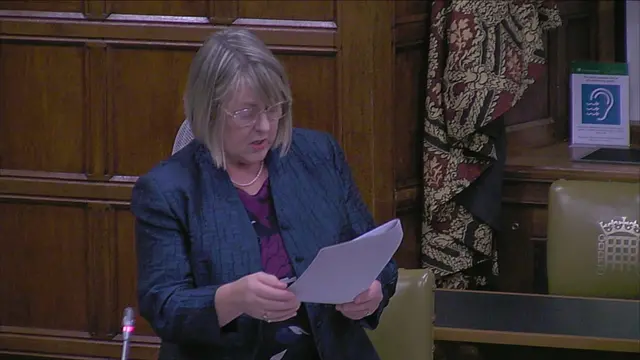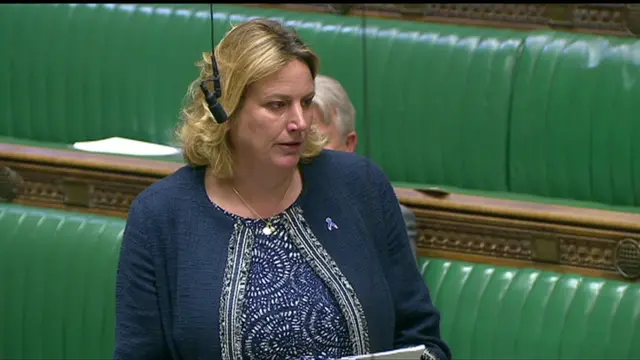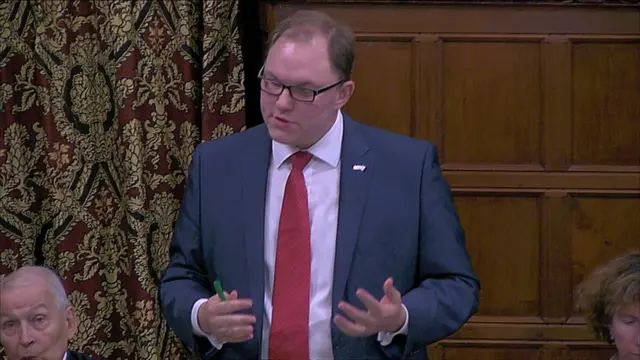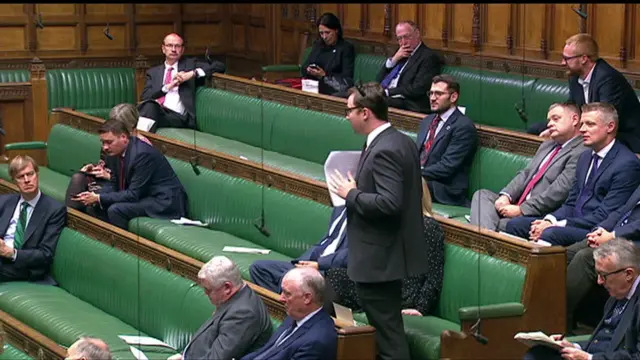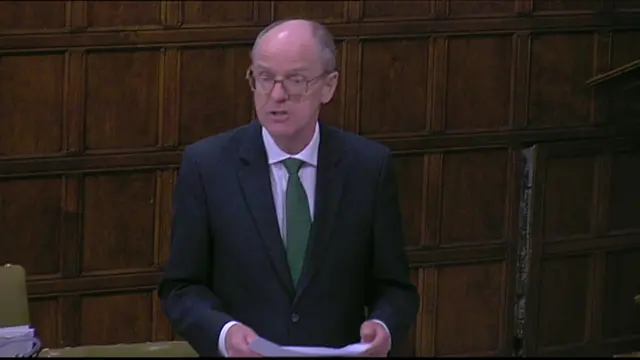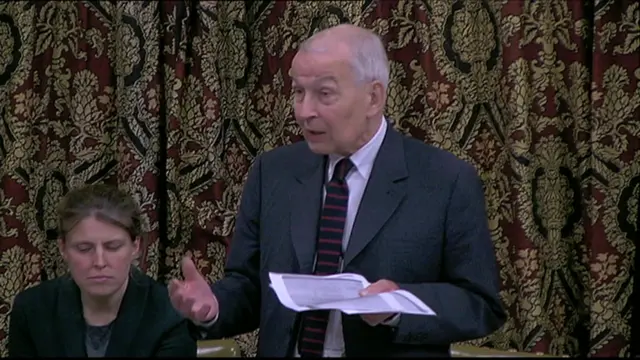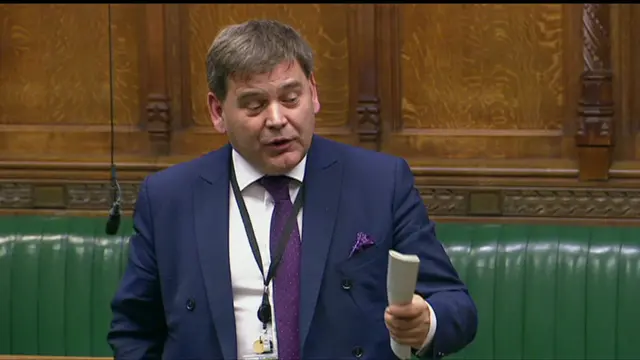UK 'has to break the taboo' on baby losspublished at 20:28 BST 9 October 2018
Baby Loss Awareness Week Debate
 House of Commons
House of Commons
Parliament
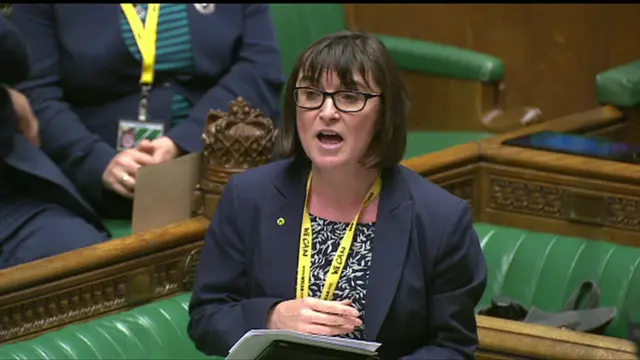 Image source, HoC
Image source, HoCThe SNP's Patricia Gibson says there needs to be a campaign to break the taboo around baby loss and "the silence that we all know exists" on the topic.
"The tragedy of baby loss and still birth is terrifyingly common," she says, adding that around 6,500 babies are lost annually. Two will have been lost during the course of this debate, she adds.
